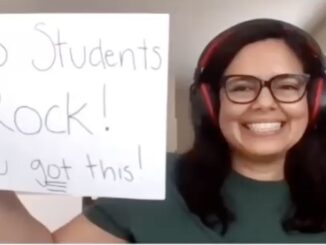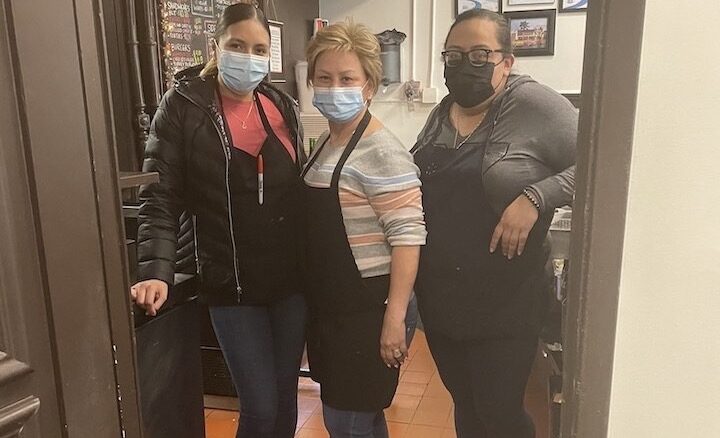
It is a tale of two restaurants.
Lily’s Malibu thrived during the COVID-19 pandemic because of its take-out only business, while Wood Ranch BBQ in Agoura Hills struggled when dine-in and catering ceased.
Just as California shutdowns affected Lily’s less than Wood Ranch, it affected other businesses, like Whetstone’s Barber Salon and Dig Cycle, in different, but still financially and emotionally difficult ways. The shutdowns particularly hurt restaurants, hair salons and gyms.
Eric Anders, co-founder and co-CEO of Wood Ranch BBQ, said he struggled dealing with the inconsistent and frustrating lockdowns.
“In one word, devastating,” Anders said. “And people you’ve worked with that have committed their professional lives to Wood Ranch and all of a sudden, you just can’t provide them work, and I think that really that sucks I mean that really is emotionally draining.”
Health care experts believe the shutdowns were necessary, while business owners think differently depending on how deeply they were impacted.
Experts weigh in on COVID-19 and reopening
Pepperdine Biology Professor Lee Kats said the shutdowns helped slow the spread of COVID-19.
“I’m quite confident that the slow downs, shut downs did slow the spread of the virus,” Kats said. “If that’s true, then it saved a significant number of lives.”
Dr. Lucy Larson, Pepperdine Student Health Center medical director, said businesses reopening and staying open depends on the prevalence of COVID-19, the percentage of those vaccinated, and how closely businesses adhere to the safety protocols the Centers for Disease Control and Prevention (CDC) and their local public health department recommend.
Governmental mask mandates reduced COVID-19 transmission, while reopening restaurants for indoor dining increased transmission, the CDC wrote in a March 12 advisory.
Though health officials said the closures were necessary, the economic toll has been high as the lockdowns have forced many businesses to close.
More than 19,000 businesses in California have permanently closed based on Yelp’s local economic report, Adam Racusin wrote in an Oct. 1 23ABC News article
How different businesses were doing pre-pandemic
All the businesses were thriving or stable pre-pandemic.
Anders said 2019 was a record year for Wood Ranch.
Nabil Mardini, owner of Dig Cycle in Calabasas, said his best month was right before the pandemic hit.
Yair Vetchtein, owner of Whetstone’s Barber Salon in Agoura Hills, said he had an excellent 2019.
“By 2019 we had an excellent second year,” Vetchtein said. “I couldn’t have asked for more. I felt that we were really tapping into the community, and I was really getting out of it, what I was looking for.”
While other businesses were thriving, many were happy to be stable.
Lilian Castro, owner of Lily’s Malibu, a Latin restaurant, said pre-pandemic business was stable due to the support from the local community.
Once the pandemic began, businesses have been in danger of closing due to the tight restrictions.
Alignable, an online business referral network, surveyed over 9,000 local businesses and found that 50% of retailers believed they were in danger of closing, Pamela N. Danziger wrote in a Dec. 7 Forbes article.
How COVID has affected their business
COVID-19 and the California shutdowns has severely impacted the barber salon industry’s profits, Vetchtein said.
“The whole economic aspect, which really, really, really traumatized not just myself, but the industry as well,” Vetchtein said.
Vetchtein said the shop was closed for three-quarters of the year with no income coming in but rent was still due.
Mardini said he was one more shutdown away from shutting down Dig Cycle permanently because his revenue was 50% less than the previous year.
Mardini rented out the bicycles used in his spin classes as well as taught classes online to stay afloat.
Mardini had to lay off his staff because if they do not teach a class they do not get paid.
Anders said he went from employing roughly 2,000 people to less than half of that number due to the shutdowns.
However, the shutdowns have not impacted the fast dining and take-out industry as severely.
Castro said they have been open the whole time because their business model is based on takeout.
The Pepperdine and Malibu community supported them.
How government aid helped (or didn’t)
Nationally, businesses were eligible for small business loans and the Paycheck Protection Program, a vital lifeline the U.S. Congress passed to help struggling businesses.
In California, the Office of Gov. Gavin Newsom implemented a program for small businesses, including temporary tax relief and $500 million in grants.
The results were mixed on the efficiency of the Paycheck Protection Program, at least for the four businesses interviewed.
Vetchtein said he took advantage of the Paycheck loan program that went mostly toward employee payroll.
Wood Ranch BBQ qualified despite having 16 locations throughout California.
“We were qualified,” Anders said. “It was a game changer, there’s no way we would have been able to pay rent.”
Mardini said he applied for a small business loan and did not hear back. He was also ineligible for the PPP program since his employees, as fitness instructors, are independent contractors.
Castro said she did not need to apply for any form of governmental assistance because her business was able to sustain itself.
The problems between landlords and tenants
Whetstone’s, Dig Cycle and Wood Ranch all had issues with their landlords.
“I think there’s a lot of unresolved issues between tenants and landlords situations,” Vetchtein said.
Mardini said he was unsatisfied with his landlord for not being helpful during the pandemic.
Anders struggled with balancing rent and maintaining relationships with his landlords for multiple locations.
“At the same time, you do have to pay rent even though you’re trying to negotiate some sort of rent abatement with your landlords, but the landlords, for the most part, were not very receptive to it,” Anders said.
Kenneth Simmons of NAI Capital Commercial, which is contracted to lease the Whetstone’s property, said it is more than just the landlord and tenant involved, it’s also the lender and the government. Everyone pays a price.
The Agoura Hills Shopping Mall, which oversees Wood Ranch, and DeAnza Properties, which oversees Dig Cycle, both declined to comment.
What business owners believe about their voices being heard in California
Many business owners in California believe their voices are not being heard.
“I don’t have a voice,” Vetchtein said. “I can talk all I want, but no one’s coming to listen.”
Castro said small businesses have less of an ability to communicate and less benefits compared to larger businesses.
Mardini said he believes everyone should have a voice.
Anders said restaurateurs have less of an influence than other larger lobbying groups.
“You know our industry has razor-thin margins, and so we don’t have the lobbying clout that other industries do,” Anders said.
Businesses frustrated with regulations
Anders criticized Newsom for his poor judgement and hypocrisy with the lockdowns.
“I think when he’s preaching to us restaurateurs, how important it is and that we should sacrifice for the better good and, therefore, close our dining rooms, close our patios, and then see him dining at probably the country’s most expensive restaurant indoors,” Anders said. “I don’t think that’s a liberal or conservative thing, I think that’s just incompetence and poor judgment.”
Vetchtein said he felt insulted when his business was closed and yet larger stores were open for business.
“I felt also somewhat you know degraded,” Vetchtein said. “The fact that I could go to Home Depot and I can pick up a barbecue grill and stand in line with 30 other people was pretty pretty annoying and it was very frustrating.”
Mardini was frustrated with the many different messages from the health experts.
“You know, the problem is, in the end we got to follow the you know the words of the experts,” Mardini said. “But the problem with that is that we got so many different things, and again I get it, it’s a new thing, new pandemic, but we got so many different messages that sometimes it was confusing.”
How business owners think about the future
Many business owners are hopeful for the future, while others are pessimistic.
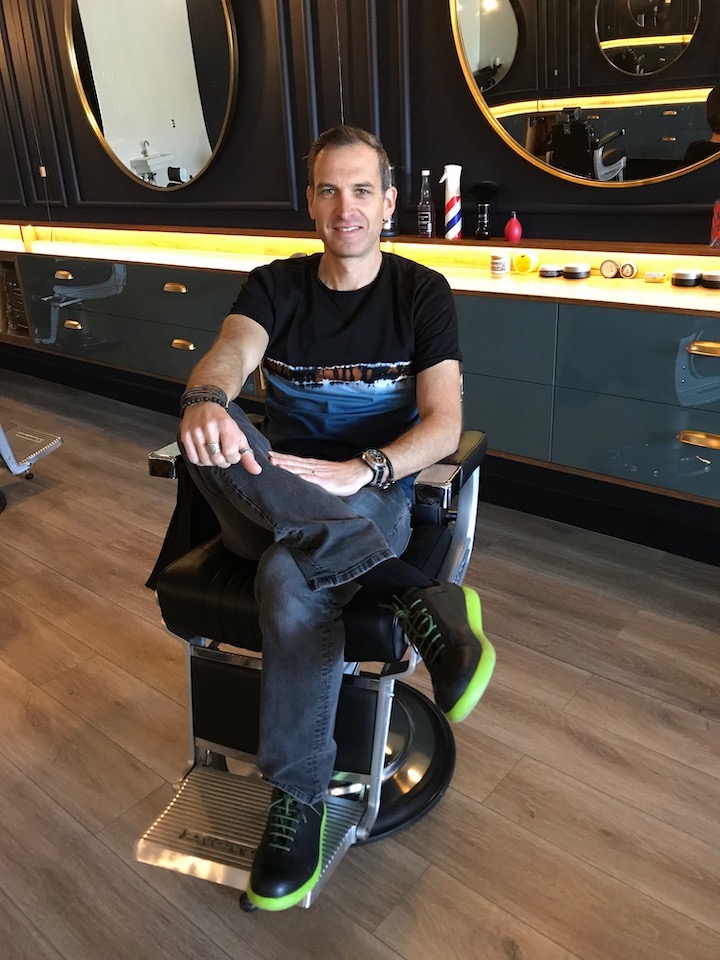
Whetstone’s entire business model changed due to the pandemic.
“What I’ve had in my mind as a five-year business plan is pretty much out the window at this point,” Vetchtein said.
Vetchtein believes the past year will have a long lasting impact on the barber industry.
“This last year is a very deep scar that’s going to last,” Vetchtein said. “But I think the issue is greater than that, at least for my business, people have changed their habits, people have changed their logistical situations with work.”
Vetchtein is also worried about small businesses and their status in the marketplace.
“I think, small businesses in this state and, for that matter in the country are going to be dinosaurs,” Vetchtein said.“You know they’re going to be extinct. I feel that we’re up against a lot of things.”
Mardini is confident that business will return to normal, however, it will take awhile.
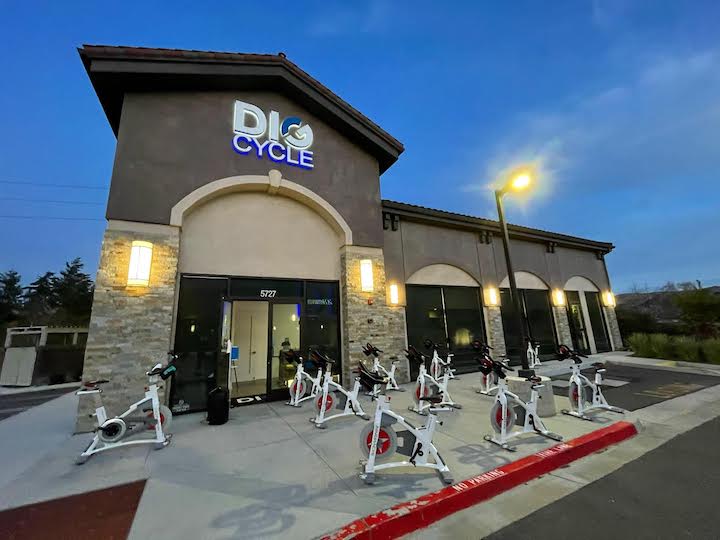
“I think eventually we’ll get people back,” Mardini said. “But it’s not gonna happen immediately for sure. I mean people are gonna be uncomfortable coming into an indoor setting to do a fitness class,” Mardini said.
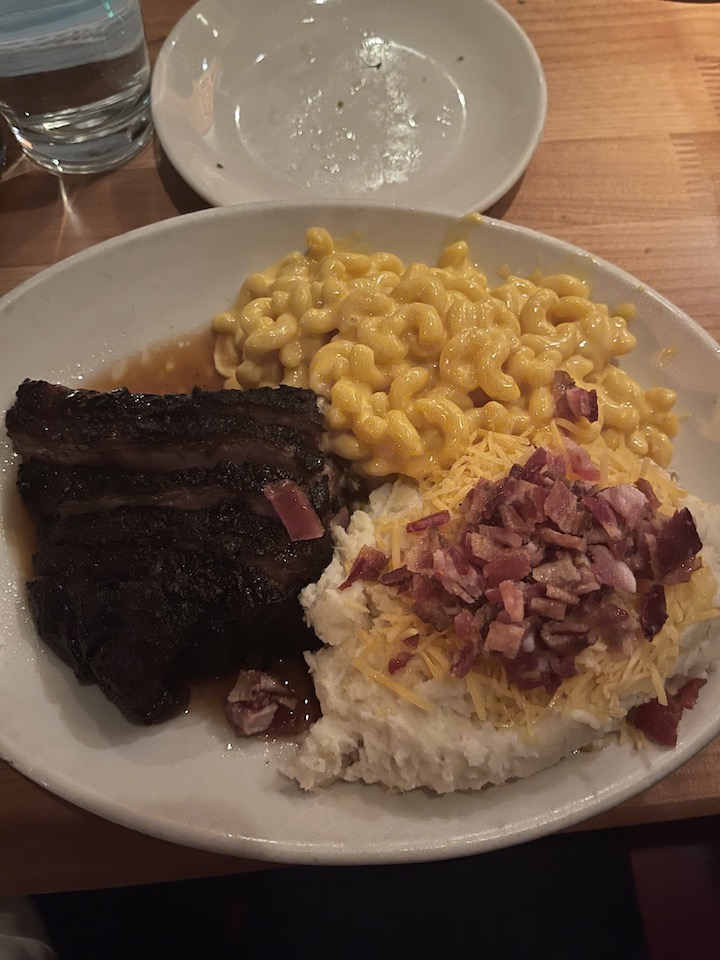
Anders is confident in the resilience of the restaurant industry due to the stimulus money coming to the average person from the recent $1.9 Trillion Recovery Act.
“I do think that, if tomorrow dining rooms are 100% open, patios are open and all that,” Anders said. “I think that the restaurant industry in this state would see a quick recovery.”
Sheldon Fraley completed the reporting for this story in Jour 241 in Fall 2021 under the supervision of Dr. Christina Littlefield and Dr. Theresa de los Santos. Dr. Littlefield supervised the web version of the story.



